New tax on dividends: long-awaited initiative or another hype?
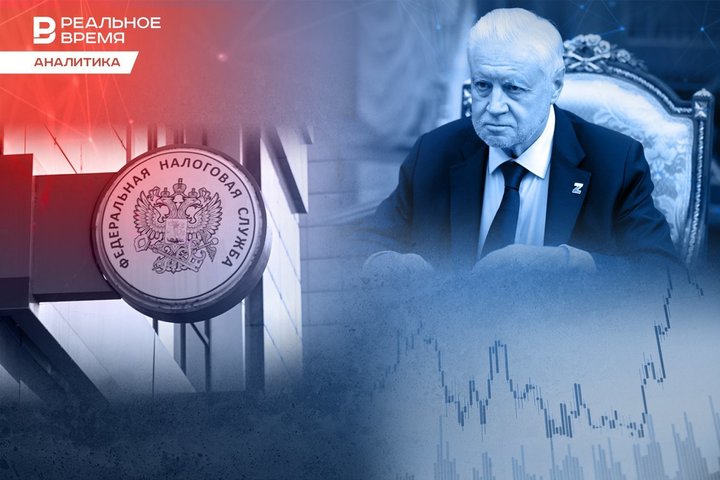
In May, private investors in Russia were stunned by the news of a possible increase in the dividend tax from 13% to 35%. This would bring it to the level of the tax on large winnings. The initiative to introduce additional taxes for the rich was put forward by A Just Russia party, motivating its proposal by the fact that these are “real taxes that society is waiting for.” Realnoe Vremya discussed the likelihood of such a multiple increase in the dividend tax with economists.
Leader of A Just Russia party Sergei Mironov proposes increasing the tax burden on the wealthiest Russians. He proposes two new personal income tax rates:
- 25% — on annual income from 250 million to 500 million rubles;
- 35% — on income over 500 million rubles.
In addition, he advocates the introduction of a 35% tax on dividends and the creation of a separate tax category — “tax on luxury and/or wealth.” According to Mironov, “these are real taxes that society is waiting for.”
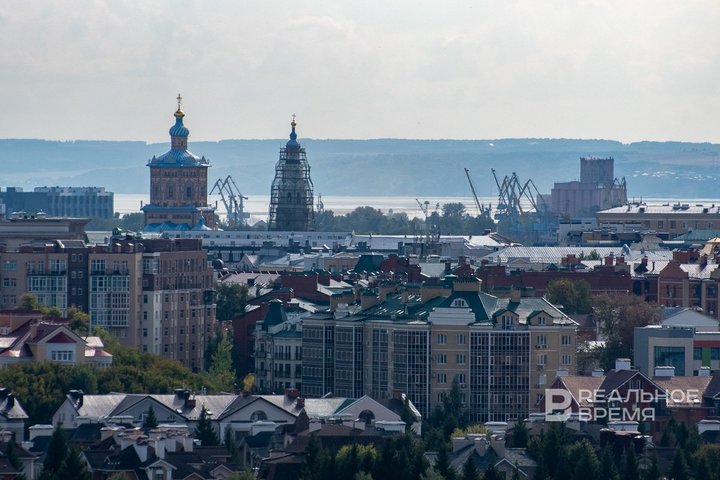
Proposals to increase taxes for the “rich” happen all the time, since Russia has abandoned the flat tax scale and introduced a progressive one. In my opinion, this creates the illusion of financial justice, says financial expert, member of the Russian Union of Industrialists and Entrepreneurs’ commission on banks and banking activities Yan Art.

“As for the 35% dividend tax, here we can completely agree with Mr Mironov. Take, for example, Putin's speech last summer, where he called for doubling the capitalization of the stock market in relation to GDP and attracting more Russians to invest. The vectors of these two statements coincide so much, don't you agree?” the expert ironically. “How else to promote the stock market, if not by raising the dividend tax to 35%? What else can invigorate Russians more to fulfil the presidential call than raising taxes?”
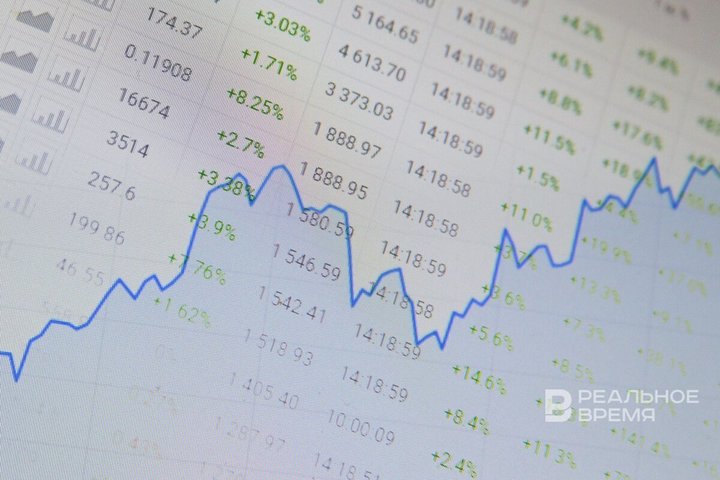
Sergei Mironov puts forward many initiatives worth thinking about, but this one is from the series: “We are always for what the president has proposed, but we pretend that there are no contradictions here, indicating a completely opposite vector.” In order for the capitalization of the Russian stock market to grow, companies need to be interested in going public and a huge number of private investors need to buy shares. Always agreeing with the president and proposing something that completely contradicts this is either hypocrisy or an indirect admission that any economic ideas in our country are perceived as a beautiful slogan.
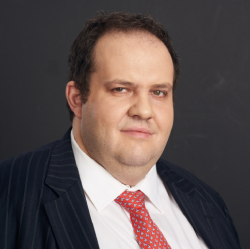
Moreover, personal income tax is quite loyal to capital today, if we are talking about dividends.
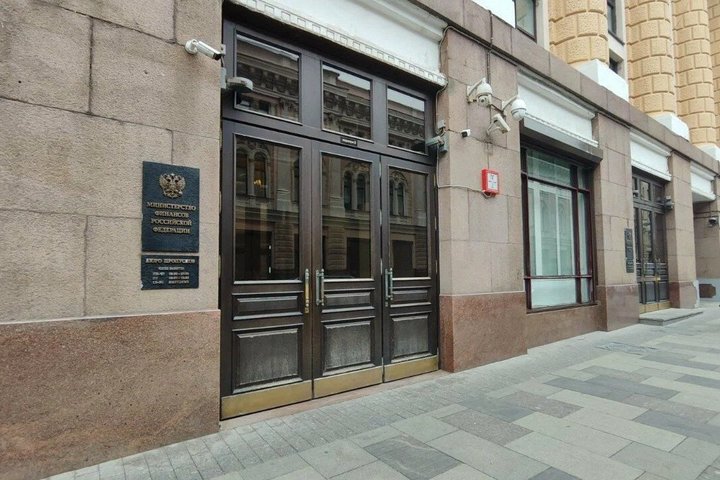
“The bill looks like it will not pass. Between 2000, when a flat tax of 13% was adopted, and 2020, when the first attempt to adjust personal income tax twice a year was made, like clockwork, “A Just Russia” and its predecessors introduced bills on the introduction of high rates and a progressive tax. They adopted a progressive tax on the initiative of the government — they immediately took up the old, but only at new levels,” Tabakh comments.
The bill will most likely not receive support from the Ministry of Finance. In addition, the high dividend tax contradicts the goal stated in the address of Russian President Vladimir Putin to increase the capitalization of the stock market to two-thirds of GDP. “Last year's tax adjustments were more friendly to shareholders than to hockey players or stage stars who earn a lot and therefore pay high personal income tax,” he noted. Investors should not be seriously worried, he believes, the bill is simply aimed at catching the hype.
Sergei Mironov is known for his ill-considered populist initiatives. The same applies to the initiative to raise taxes for wealthy Russians, agrees economist and CEO of R-Invest Rustem Shayakhmetov.
Increasing taxes, including the introduction of a 35% tax on dividends, is currently unrealistic.

If Sergei Mironov had such a desire, he would have introduced these amendments last year, when the law on increasing the personal income tax was adopted. However, Mironov voted unanimously for the adoption of the law in the form in which it exists now, the expert believes.
In addition, this is not the speaker to make such statements, he is sure. If the information came from Vladimir Putin, Mikhail Mishustin, the Ministry of Finance or official speakers of United Russia, then this would indicate real intentions to change the personal income tax rates.
When implementing the initiative, the investment attractiveness of Russian business is significantly reduced, since the profitability of shares and stakes in the authorized capital decreases, the economist explains.
According to Shayakhmetov, this is ordinary political advertising. “For most Russians, parliamentary opposition parties have become spoilers for the party in power, singing the praises of the President of Russia. And, in order to somehow stand out, the leaders of the systemic opposition are trying to show their electorate that they are not inactive. In this case, Sergei Mironov, realizing the futility of his initiative, declares to the whole of Russia the need to raise taxes for the rich,” Rustem Shayakhmetov is convinced.

Currently, contributions to pensions, medicine, and income tax make up about half of gross income. Consumers also pay other taxes, including indirect taxes on purchased goods, such as VAT. People will also receive less from dividends with higher rates. “It is worth understanding that dividends are paid from taxable corporate profits. Currently, the corporate income tax rate is 25%, then dividends are taxed again," explains Malykh.
“If we talk about the capital market, the dividend yield of the Moscow Exchange index fluctuates depending on quotes and the size of dividends, but usually averages about 8%. Income from deposits is taxed at a progressive rate, starting from 13%. With a deposit yield above 6%, shares will lose to deposits due to the increased rate of 35%,” explains Natalia Malykh. “The after-tax yield of a deposit at a rate of 6% will be 5.2%, and the after-tax dividend yield of shares will be 5.2%. With a 7% deposit yield, after taxes will remain 6.1%. Thus, shares will be more competitive than deposits only with a fairly soft monetary policy; the rest of the time, it will be more profitable to keep money in deposits.”
“We can say that income from shares can be obtained not only through dividends, but also through price growth, but not all years on the stock market are profitable,” she notes. “And losses on shares do not reduce the taxable base of dividends.”